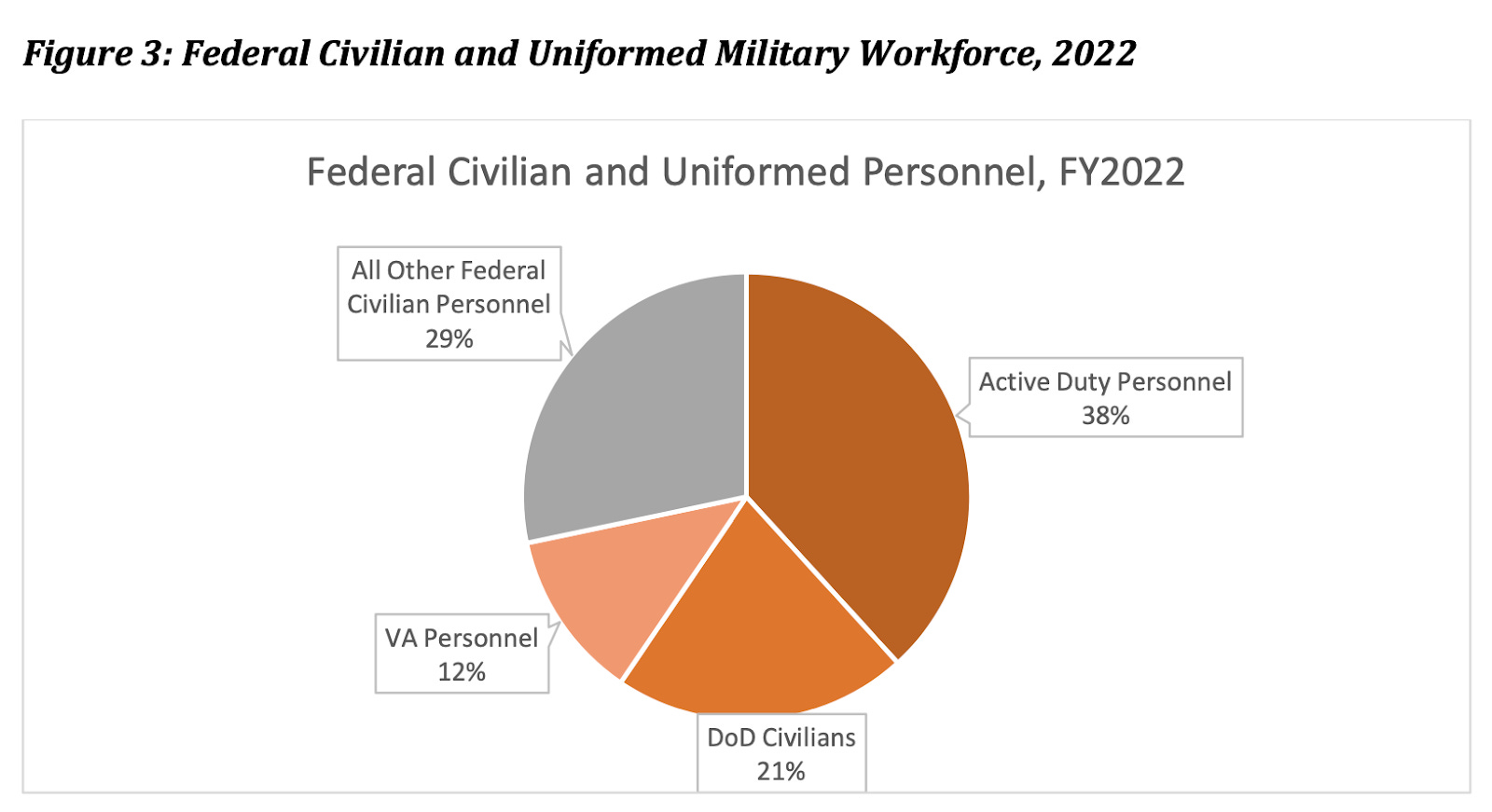Popular Information - You get what you pay for
Elon Musk is restricting links to Substack, the service I use to publish Popular Information, on Twitter. It's a direct attack on independent journalism. I spoke to the Washington Post about Musk's arbitrary and vindictive decision-making. This is a problem for Popular Information. Since our founding in 2018, about half of our subscribers have found out about this newsletter through Twitter. Unfortunately, Twitter is now hostile territory for Popular Information. After I documented how the Community Notes feature is being weaponized against Popular Information's accurate reporting Musk tweeted to his 130 million followers that I am a "tool." Popular Information can adapt to this new reality and continue to thrive, but we need your help. We have 263,000 readers, but only a small percentage are paid subscribers. If a few more readers upgrade to paid, Popular Information can invest in alternative growth strategies and produce more accountability journalism that rattles the cages of the rich and powerful. A new report from Brown University's Watson Institute of International and Public Affairs, shared exclusively with Popular Information, reveals how decades of enormous military spending have reshaped the federal government and the U.S. economy. Today, more than half of all discretionary spending is spent on defense, military personnel make up the majority of federal government employees, and private military contractors are a leading force in the U.S. economy. Meanwhile, "investments in infrastructure, healthcare, education, and emergency preparedness" have been crowded out. The numbers are startling. There are about 3.5 million people who work for the federal government, including civilians and uniformed military personnel. 72% of all federal workers are "defense-related," including Department of Defense civilians, uniformed military personnel, and the Department of Veterans Affairs staff. Meanwhile, the Department of Health and Human Services employs 4% of federal civilian workers. The State Department, tasked with using diplomacy to avert wars, employs 1%. The Department of Defense has a budget of $849 billion in the current fiscal year, and more than half is funneled to military contractors. About 30% of this money goes to just five firms: Lockheed Martin, Boeing, Raytheon, General Dynamics, and Northrup Grummond. Billions are awarded without competitive bidding. In 2020, for example, only 10% of Lockheed Martin's contracts were subject to competition. Despite the massive sums of money involved, "we know surprisingly little about how they spend these funds, what kinds of jobs and pay are supported, which sub-contractors are paid and how much." All five companies spend in excess of $10 million annually lobbying the federal government. Today, "military contracts are distributed to every congressional district and nearly every county in the U.S." According to the report, this isn't an accident. Military contractors understand that "spreading out contracts means buying and gaining political support." The strategy produces "more constituents and more politicians fighting to win or maintain those contracts for the sake of jobs." But military spending comes at a cost. Since 2015, the U.S. has added more than $300 billion to its annual defense spending. That is equivalent to the annual cost of providing universal pre-K for 3 and 4-year-olds, 2 years of free community college for high school graduates, and health insurance for uninsured Americans — combined. The situation described in the report is likely to worsen following the recent passage of a deal to raise the debt ceiling, which reduces most discretionary spending for two years while allowing defense spending to continue apace. "U.S. taxpayers have gotten what they’ve paid for, which is an economy that is devoted to the military, both in terms of spending and in terms of jobs," the author of the study, Dr. Heidi Peltier, concludes. The following is a transcript of Popular Information's interview with Peltier, edited for length and clarity. LEGUM: You describe in the report that, today, both the federal government and, to a certain extent, the economy overall, is dominated by military spending. When did this dynamic begin? PELTIER: Until recently, [the defense budget] would go up during wartime and down during peacetime. And what we're seeing in recent years is that it keeps going up even when we're not at war. So with the exit from Afghanistan and the winding down of the Iraq war, we really should be seeing military spending going down. And yet we continue to see increased military budgets. So that is something that I think has changed over the last 20 years in the post-9/11 era. LEGUM: Many politicians and pundits argue that the United States is not spending enough on the military. One of the arguments that I see centers around purchasing power. The argument is that we spend more than the next 10 or 11 countries combined on our military, but that distorts reality because it's much cheaper for the Chinese to pay for things. What would you say to that? PELTIER: We spend three times as much as China, and we spend 10 times as much as Russia. If that argument were true, you could look at the numbers of tanks, drones, weapons, and ammunition. There's some ability to make things cheaper in China, but the United States still has a lot more tanks and a lot more nuclear weaponry, a lot more ammunition, and a lot more weapons systems of all types. LEGUM: Another common argument is that we have a dominant position over countries like China now, but they are investing aggressively. So we need to continue to invest aggressively to stay ahead. PELTIER: We're spending upwards of $850 billion on the military. You could cut that by 10%, or even 20%, and we'd still be aggressively investing, especially given that we are not at war. We're spending some money on the Ukraine war, but we ourselves are not at war. LEGUM: You note in the paper that billions are funneled to defense contractors, but not much is known about how a lot of that money is spent. Why is that? PELTIER: Some of the defense contractors overseas pay subcontractors, who then also pay subcontractors, and the chain can go on sometimes three or four contractors deep. And in particular, in conflict areas where US contractors are receiving contracts, and then hiring local companies or third-country companies to perform some of the subcontracts, there's not enough oversight. It's very easy to lose track of who's getting the money, and how much is getting into whose hands. So half of the Department of Defense budget stays within the Department of Defense, half of its budget goes to contractors, and then we quickly lose sight of what happens to the funding and the personnel that makes up that half of the military spending. LEGUM: It's still fairly rare to see prominent elected officials criticize the level of U.S. military spending. Why do you think the arguments you make in this paper are so marginalized? PELTIER: First, Congresspeople are beholden to the military because nobody wants to be the Congressperson who cuts funding to their district and is seen as responsible for any potential job loss. So then you get both Republicans and Democrats arguing against cutting any military funding or arguing for increasing military funding because they don't want to take any chance on job losses in their own district. And then related to that is it's seen as very unpatriotic to cut military spending. Political support for the military is seen as a show of patriotism, and of supporting U.S. dominance. And nobody wants to be seen as unpatriotic. PROGRAMMING NOTE: Popular Information will not publish on Monday. We’ll return to your inbox on Tuesday, June 13. |
Older messages
Fox News' favorite Democratic presidential candidate
Tuesday, June 6, 2023
Fox News does not usually feature laudatory coverage of Democratic political candidates. There is an exception: Robert F. Kennedy Jr, who announced in April he was running for president in the
These 25 major corporations donated $13.5 million to anti-gay politicians since 2022
Monday, June 5, 2023
In 2023, conservative activists have advanced the theory that major corporations are pushing a radical, pro-LGBTQ agenda onto the country. For example, Anheuser-Busch sent trans influencer Dylan
UPDATE: Inside the disturbing investigation of Mika Westwolf's death
Thursday, June 1, 2023
In the early hours of March 31, Mika Westwolf, a 22-year-old Indigenous woman, was fatally struck by a Cadillac Escalade while walking on the shoulder of US Highway 93 in Montana. The driver of the
Banning book bans
Wednesday, May 31, 2023
Across the country, right-wing activists are seeking to ban thousands of books from schools and other public libraries. Those promoting the bans often claim they are acting to protect children from
There is always more money for defense contractors
Tuesday, May 30, 2023
In 2023, Republicans and Democrats are deeply divided on nearly every significant policy issue. But there is an exception to the rule. Both parties can always agree on sending more money to defense
You Might Also Like
UW and computer science student reach truce in ‘HuskySwap’ spat
Saturday, January 11, 2025
Blue Origin set for first orbital launch | Zillow layoffs | Pandion shutdown | AI in 2025 ADVERTISEMENT GeekWire SPONSOR MESSAGE: GeekWire's special series marks Microsoft's 50th anniversary by
Cryptos Surrender Recent Gains | DOJ's $6.5 Billion Bitcoin Sale
Saturday, January 11, 2025
Bitcoin and other tokens retreated as Fed signaled caution on rate cuts. Forbes START INVESTING • Newsletters • MyForbes Presented by Nina Bambysheva Staff Writer, Forbes Money & Markets Follow me
Just Buy a Balaclava
Saturday, January 11, 2025
Plus: What Raphael Saadiq can't live without. The Strategist Every product is independently selected by editors. If you buy something through our links, New York may earn an affiliate commission.
Up in Flames
Saturday, January 11, 2025
January 11, 2025 The Weekend Reader Required Reading for Political Compulsives 1. Trump Won't Get the Inauguration Day He Wanted The president-elect is annoyed that flags will be half-staff for
YOU LOVE TO SEE IT: Biden’s Grand Finale
Saturday, January 11, 2025
Biden drills down on offshore drilling, credit scores get healthier, social security gets a hand, and sketchy mortgage lenders are locked out. YOU LOVE TO SEE IT: Biden's Grand Finale By Sam Pollak
11 unexpected things you can put in the dishwasher
Saturday, January 11, 2025
(And 7 things you should keep far away from there) View in browser Ad The Recommendation January 11, 2025 Ad 11 things that are surprisingly dishwasher-safe An open dishwasher with a variety of dishes
Weekend Briefing No. 570
Saturday, January 11, 2025
Black Swan Threats in 2025 -- Why Boys Don't Go To College -- US Government's Nuclear Power Play ͏ ͏ ͏ ͏ ͏ ͏ ͏ ͏ ͏ ͏ ͏ ͏ ͏ ͏ ͏ ͏ ͏ ͏ ͏ ͏ ͏ ͏ ͏ ͏ ͏ ͏ ͏ ͏ ͏ ͏ ͏ ͏ ͏ ͏ ͏ ͏ ͏ ͏ ͏ ͏ ͏ ͏ ͏ ͏ ͏ ͏ ͏ ͏
Your new crossword for Saturday Jan 11 ✏️
Saturday, January 11, 2025
View this email in your browser Take a mental break with this week's crosswords: We have six new puzzles teed up for you this week. Play the latest Vox crossword right here, and find all of our new
Firefighters Make Progress, Water Rankings, and Ohio St. Wins
Saturday, January 11, 2025
Multiple wildfires continued to burn in Southern California yesterday, with officials reporting at least 10 deaths. Over 10000 homes across 27000 acres have burned, and 20 suspected looters have been
☕ So many jobs
Saturday, January 11, 2025
So why did stocks fall? January 11, 2025 View Online | Sign Up | Shop Morning Brew Presented By Indacloud Good morning. It's National Milk Day, the one day of the year you're allowed to skim



